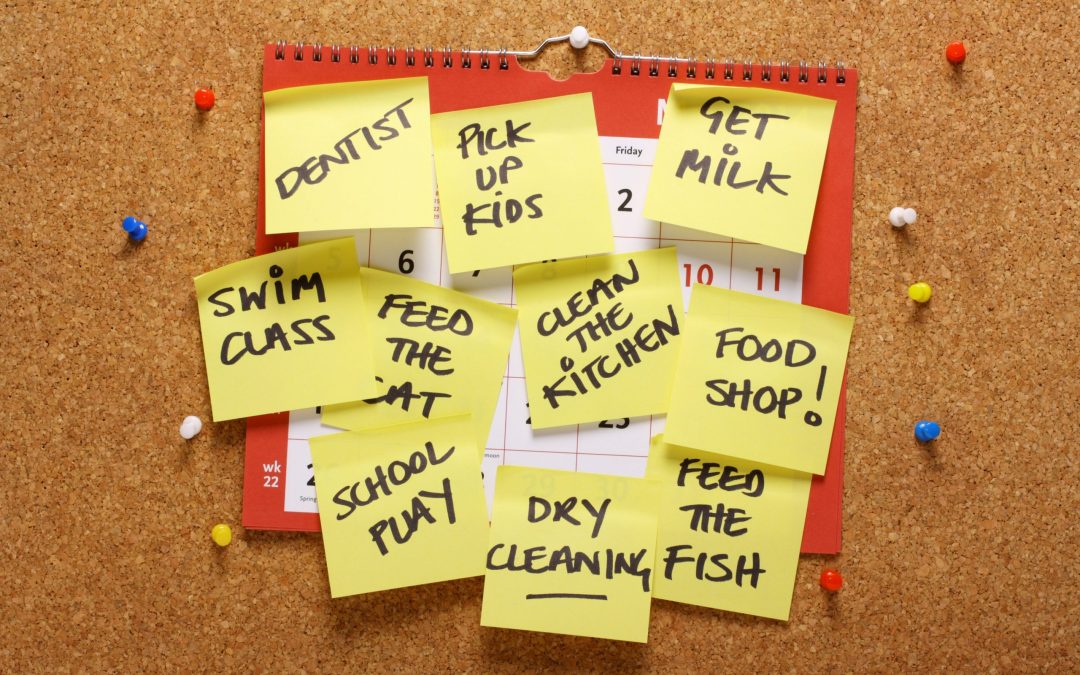Finding time for yourself
A few simple adjustments can create the space you need for your own happiness and nourishment, says Oliver Burkeman

Few people, these days, would disagree with thetheory that it’s crucial to take time for yourself. Creating some space for enjoyment and restoration each day, or at least every week, is a win-win proposition: it’ll make you both happier and more effective in fulfilling your responsibilities at work and home. In practice, though, it rarely happens. For some, that’s because deep down they feel they don’t deserve it. For others, it’s simply that the momentum of a busy life makes it seem impossible to press pause. Either way, making sure you actually get a moment to yourself requires a shift in perspective. If your schedule’s crammed, you won’t find extra time; you’ll have to make it.
Don’t wait until it feels right
It’s unpleasant to have unfinished tasks nagging at your mind, so it’s tempting to tell yourself you’ll only unwind once everything is under control. But since both work and family life generate an infi nite number of to-dos, that strategy’s doomed. As time-management writer Laura Vanderkam points out, it’s far more useful to learn to tolerate the discomfort of knowing your email inbox is filling up, or that the living room is still a pigsty, and switch off for a bit anyway.
Choose true enjoyment
It’s all too easy to fill ‘me time’ with things you think you should enjoy, above all exercise. If you genuinely love such activities, they’re perfect. But if the truth is that you don’t, you’ll only get resentful: we rebel against being told what to do, even when the person doing the telling is ourselves. Make sure at least a small part of your week is spent doing something you can honestly say you enjoy for itself – not just because you feel virtuous for having done it.
Make commitments in advance
If you’ve bought tickets for something or made a plan with a friend, you’ll be more likely to stick to your resolution to make time for yourself. Partly, that’s because other people – bosses, spouses – will respect a scheduled plan. It’s much easier to leave work at 5.30pm ‘because I’ve got something at 6pm’ than ‘because I want to chill out’. But it’ll also stop you taking the path of least resistance with activities that leave you drained rather than restored, such as scrolling through social media, or mindlessly watching bad TV.
Pay attention to good feelings
Once you do get some restorative time, borrow a Buddhist technique for making it count: when you realise you’re enjoying yourself, spend half a minute consciously paying attention to the feelings of pleasure. For one thing, you’ll often find that those feelings increase as a result. For another, you’ll encode the memory of the experience in more detail – so, in retrospect, it’ll feel like you had even more time to yourself.
Oliver Burkeman is author of ‘The Antidote: Happiness For People Who Can’t Stand Positive Thinking’ (Canongate, £8.99)









